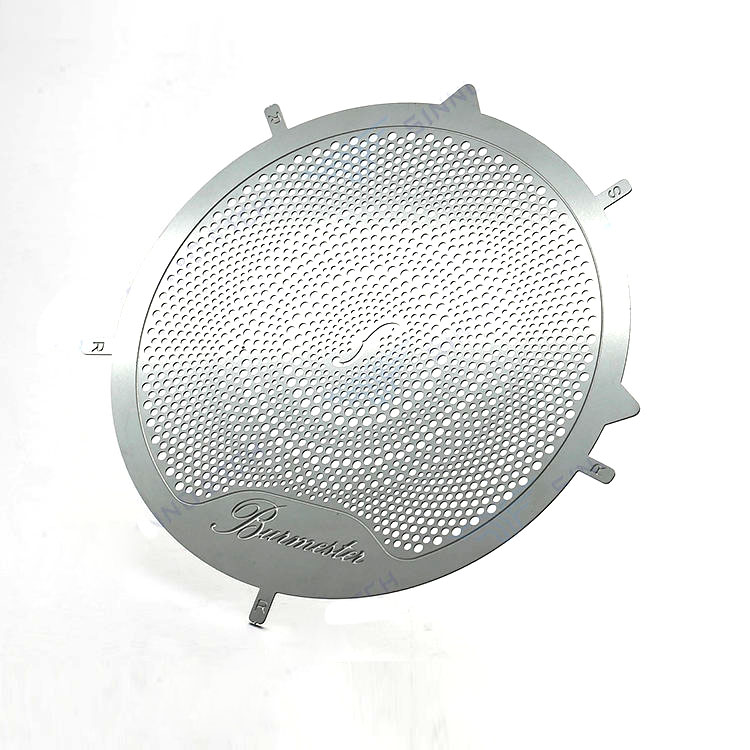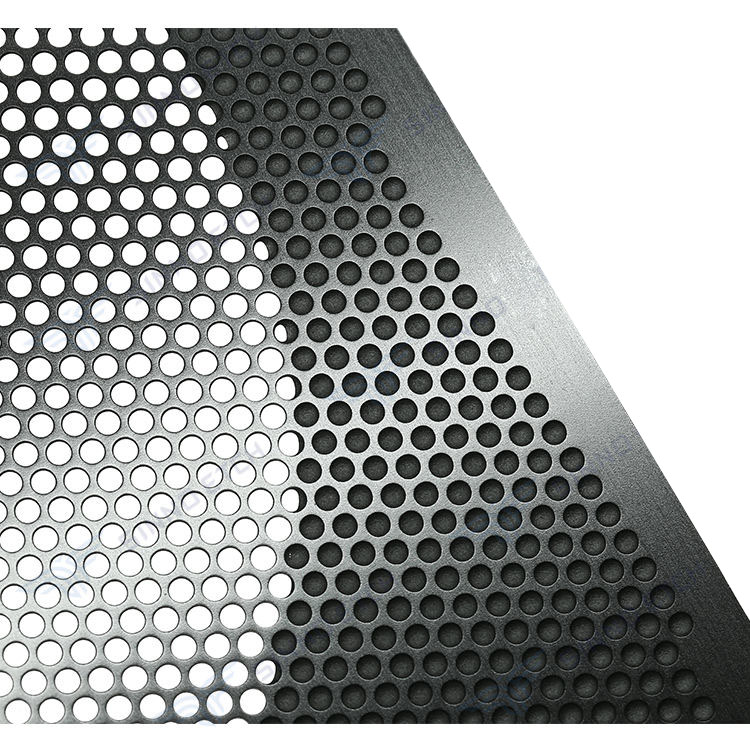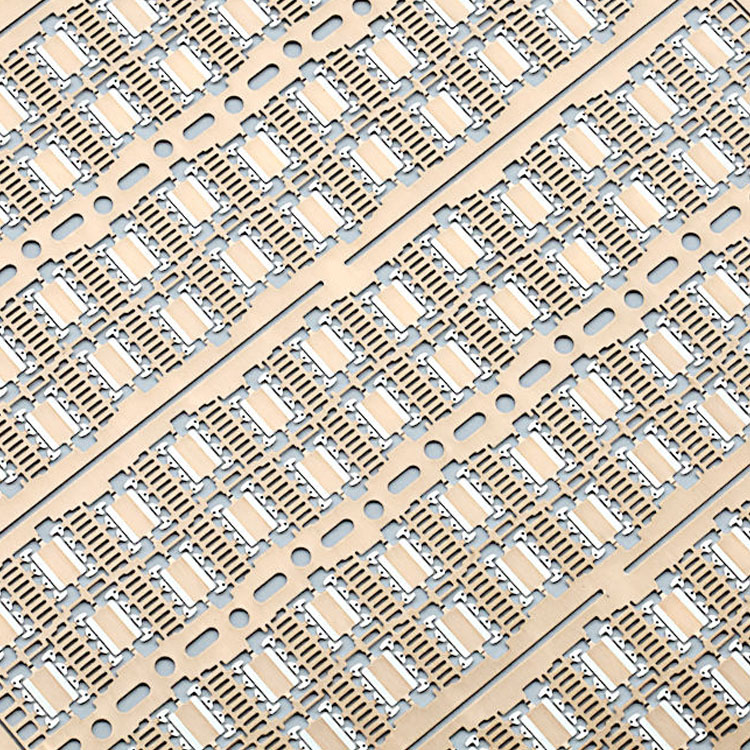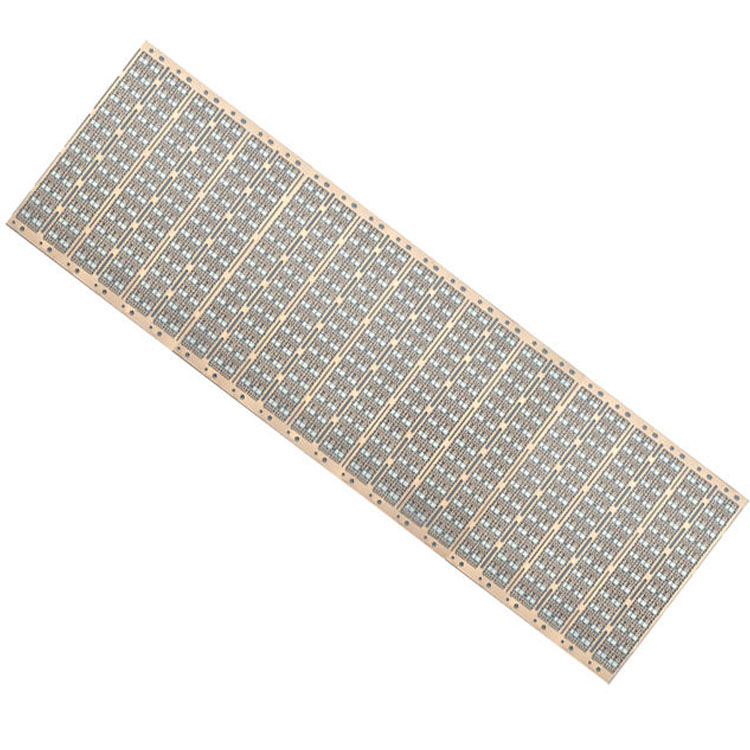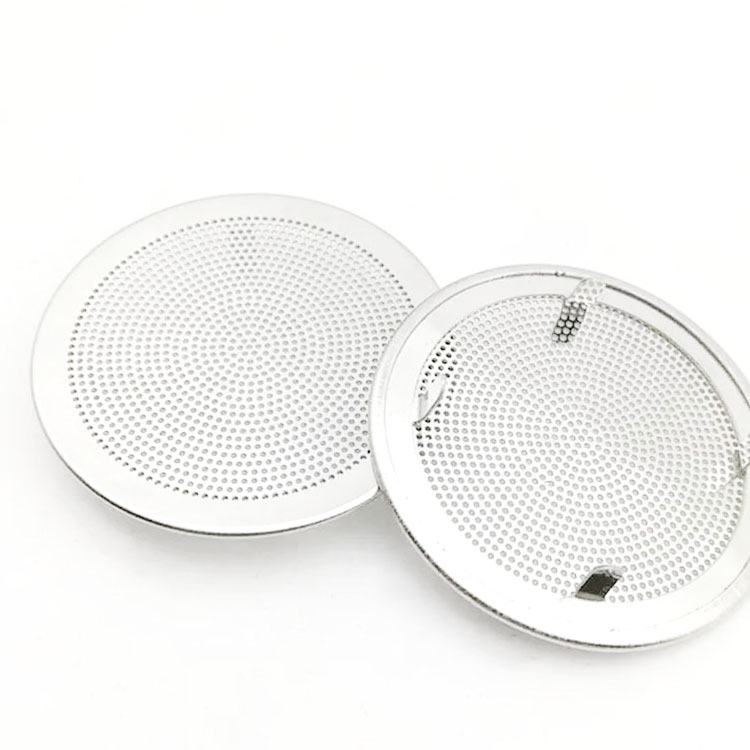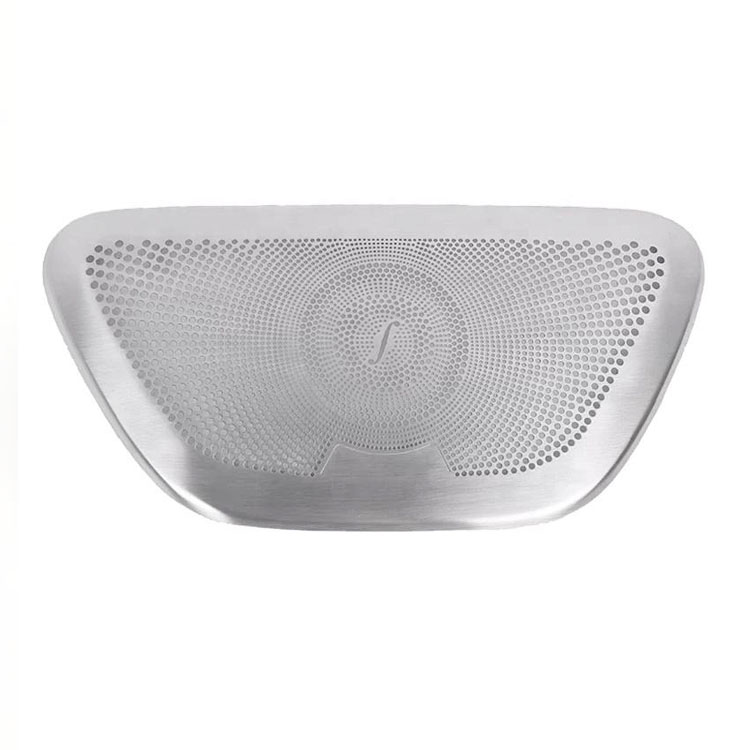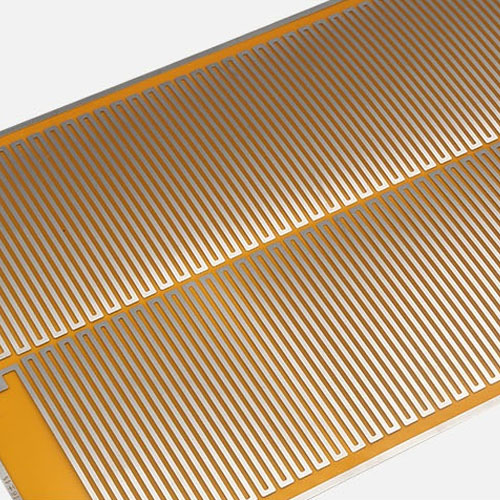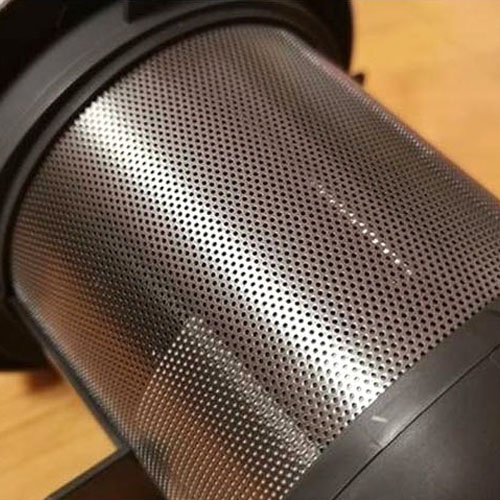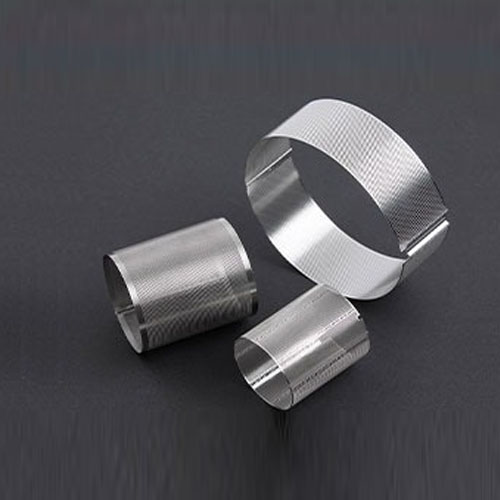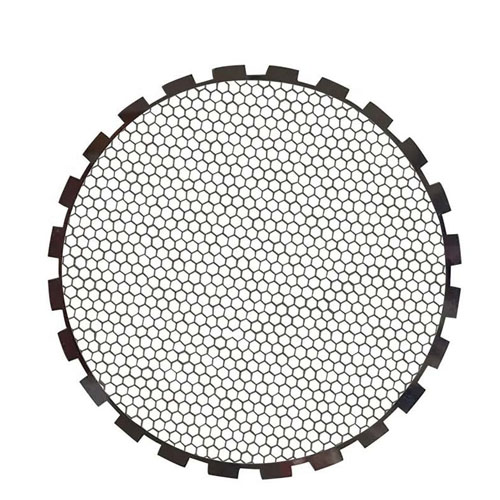About Factory Corrosion
- When discussing "factory corrosion for metal etching," we are addressing the corrosion risks within facilities that utilize metal etching processes. These factories typically handle corrosive chemicals which, if not properly managed, can lead to premature wear and degradation of equipment and infrastructure. Here's a concise overview:Causes:
- Chemical Spills or Splashes: Etching chemicals, if spilled or splattered, can corrode surfaces and equipment.
- Vapors and Fumes: Some etching solutions release corrosive vapors that can settle on and corrode machinery and infrastructure.
- Incomplete Rinsing: Residual chemicals on metal pieces can continue to etch or corrode if not thoroughly rinsed.
- Equipment Damage: Corrosion can lead to equipment malfunction or failure.
- Safety Risks: Corroded equipment can pose risks such as leaks or structural failures.
- Product Quality: Inconsistent etching due to equipment issues can lead to defects in the end product.
- Ventilation: Ensure effective ventilation to remove corrosive fumes and vapors.
- Spill Containment: Have procedures and equipment in place to quickly address and neutralize chemical spills.
- Routine Cleaning: Regularly clean surfaces to remove potential corrosive agents.
- Protective Coatings: Use corrosion-resistant coatings on equipment and surfaces.
- Maintenance and Inspection: Schedule periodic checks to detect and address early signs of corrosion.
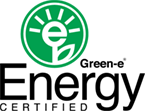
OUR ADVANTAGE
1、One-stop solution provider chemical etching,stamping and surface finish 2、Support a wide range of materials and hardness Customized products according to your required specifications 3、Certificates of the ISO9001/14001,IATF16949,QC080000,IEC27001

Metal Etching Factory Corrosion Advantages
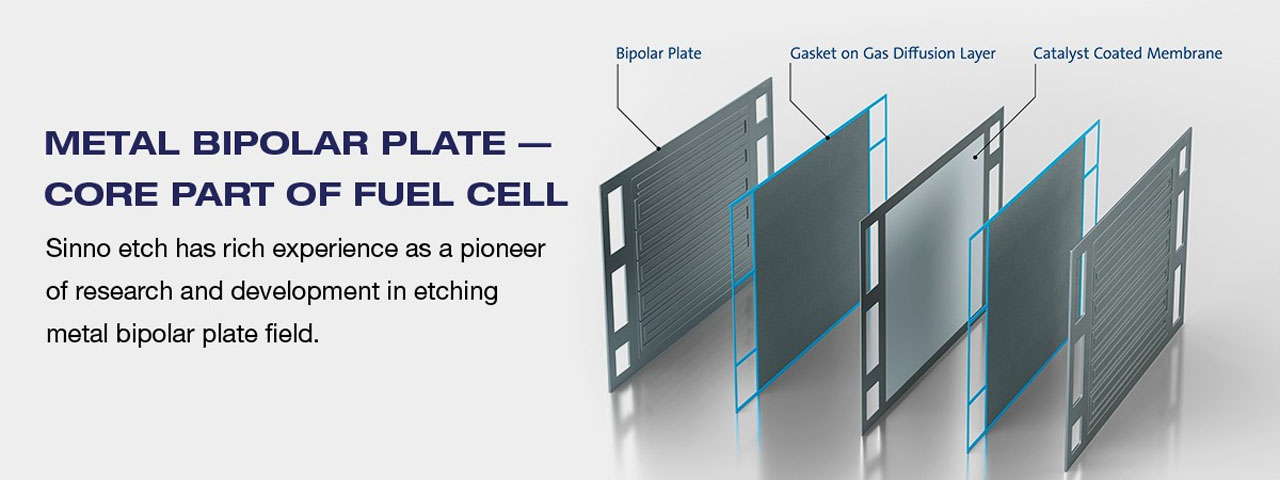
Factory Corrosion Advantages
In metal etching factories, controlled corrosion has distinct advantages. It ensures precision, enabling intricate designs on various metals. The process is consistent, producing burr-free results. The metal's structural integrity remains preserved. This method is versatile, suitable for different metals and thicknesses, and offers design flexibility, permitting quick changes without costly tooling modifications.
Metal Etching Factory Corrosion System
Corrosion-Resistant Infrastructure:
Ventilation and Exhaust Systems:
Spill Containment and Cleanup:
Use of materials like stainless steel, plastic, or specialized coatings for areas exposed to corrosive chemicals.
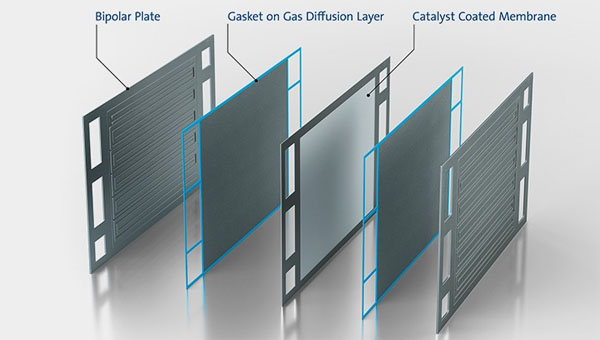
Efficiently remove corrosive vapors and fumes from the facility to prevent their settling on machinery and surfaces.

Trays, drains, and containment areas to handle chemical spills.
Rapid response protocols and materials to neutralize and clean spills immediately.
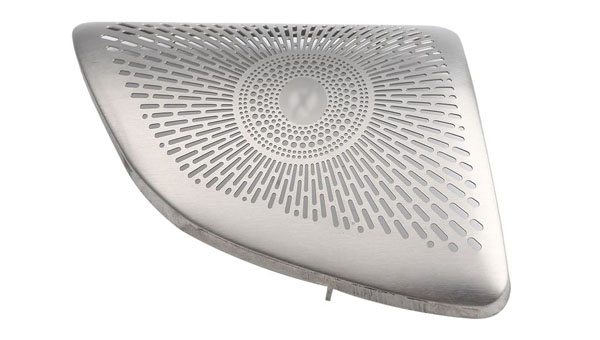
Best Metal Etching Chemical Factory Corrosion
Metal Etching Chemical Factory Corrosion Process
- The "Metal Etching Chemical Factory Corrosion Process" might be a term that implies the process of corrosion that occurs in a factory setting where metal etching chemicals are used. However, the term is not standard. Typically, one would discuss the corrosion processes within a metal etching factory. Here's a detailed breakdown of how corrosion might occur in such an environment:
- Introduction to Corrosive Agents:
- During metal etching, metals are exposed to corrosive chemicals to intentionally corrode or etch away specific areas.
- Spills and Splashes:
- Accidental spills or splashes of these chemicals can lead to unintentional corrosion of surfaces or equipment.
- Vapor Formation:
- Some etching chemicals can evaporate, forming corrosive vapors. These vapors can settle on various surfaces, leading to corrosion.
- Residual Chemicals:
- If metal parts are not rinsed thoroughly after etching, residual chemicals can continue to corrode the metal or affect subsequent processes.
- Material Incompatibility:
- Some materials used in equipment or infrastructure might be incompatible with etching chemicals, leading to accelerated corrosion.
- Environmental Factors:
- High humidity, oxygen presence, or other environmental factors in the factory can accelerate corrosion, especially if combined with corrosive chemicals.
- Poor Ventilation:
- Insufficient ventilation can lead to a buildup of corrosive vapors or gases, exacerbating the corrosion process.
- Microbial Activity:
- In some cases, microbial-induced corrosion (MIC) can occur, where microorganisms contribute to or accelerate corrosion.
Prevention and Control:
- Using corrosion-resistant materials for infrastructure and equipment.
- Implementing robust ventilation systems to remove corrosive vapors.
- Regular inspection and maintenance routines.
- Ensuring thorough rinsing and cleaning of etched materials.
- Employee training to handle chemicals safely and prevent spills.
- Introduction to Corrosive Agents:
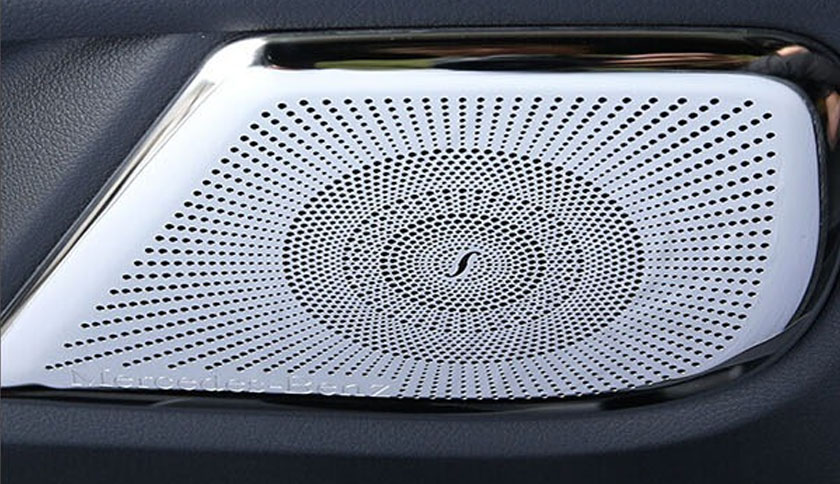
Metal Etching Chemical Factory Corrosion Advantage
- Precision and Detail: The controlled corrosion process (etching) allows for intricate and detailed patterns to be created on metal surfaces.
- Versatility: Different chemicals can be used to etch various metals, offering flexibility in the types of products the factory can produce.
- Consistency: Once the etching process is dialed in, it can produce consistent results across large batches of material.
- Material Preservation: The etching process targets specific areas of the metal, ensuring that the rest of the material remains intact and retains its structural properties.
- Non-mechanical Process: Unlike methods such as stamping or engraving, chemical etching is a non-mechanical process, reducing wear and tear on machinery and eliminating physical stresses on the metal.
- Cost-Efficient for Detailed Designs: For intricate designs, chemical etching can often be more cost-effective than mechanical processes.
- Rapid Prototyping: Since the process is chemical and doesn't rely on molds or physical tools, design changes can be made swiftly, making it suitable for prototyping.
- Scalability: Once the process is established, it can be scaled up efficiently for mass production.
Learn About Other Shopping Guide Information
Frequently Asked Questions
What is corrosion in a metal etching factory?
A: In a metal etching factory, controlled corrosion refers to the deliberate process of using chemicals to selectively remove material from a metal surface, creating desired patterns or designs. However, uncontrolled corrosion can damage machinery, infrastructure, or the final product.
Which chemicals are typically used for metal etching?
A: Common etching chemicals include ferric chloride (for copper), hydrochloric acid, nitric acid, and other acid or alkaline solutions, depending on the metal substrate.
How do you prevent uncontrolled corrosion in the factory?
A: Prevention methods include using corrosion-resistant materials for infrastructure, regular maintenance and inspection, effective ventilation systems, and employee training on chemical handling.
Are there safety concerns associated with corrosion?
A: Yes. Uncontrolled corrosion can weaken equipment, leading to potential failures. Additionally, corroded containers might leak harmful chemicals, posing safety and environmental risks.
Can corrosion affect the quality of the etched product?
A: Absolutely. Residual chemicals left on the metal can lead to uncontrolled corrosion, potentially ruining the etched design or compromising the metal's integrity.
How often should equipment be inspected for signs of corrosion?
A: Inspection frequency depends on the specific environment and equipment, but regular checks (e.g., monthly or quarterly) are recommended, with more thorough annual inspections.
What's the difference between controlled etching and uncontrolled corrosion?
A: Controlled etching is a deliberate process using specific chemicals to achieve a desired result on a metal surface. Uncontrolled corrosion is unintentional and can damage equipment, infrastructure, and products.
Are there materials resistant to etching chemicals?
A: Yes, materials like certain plastics, glass, and specific metal alloys can resist the corrosive effects of etching chemicals and are used to build tanks, containers, and machinery.
How do you handle waste products from the etching process?
A: Waste, especially corrosive or toxic effluent, should be treated following environmental regulations and then safely disposed of or recycled.
Can corrosion impact factory productivity?
A: Yes. Equipment damage from corrosion can lead to downtime, maintenance costs, and reduced product quality, affecting overall productivity.


